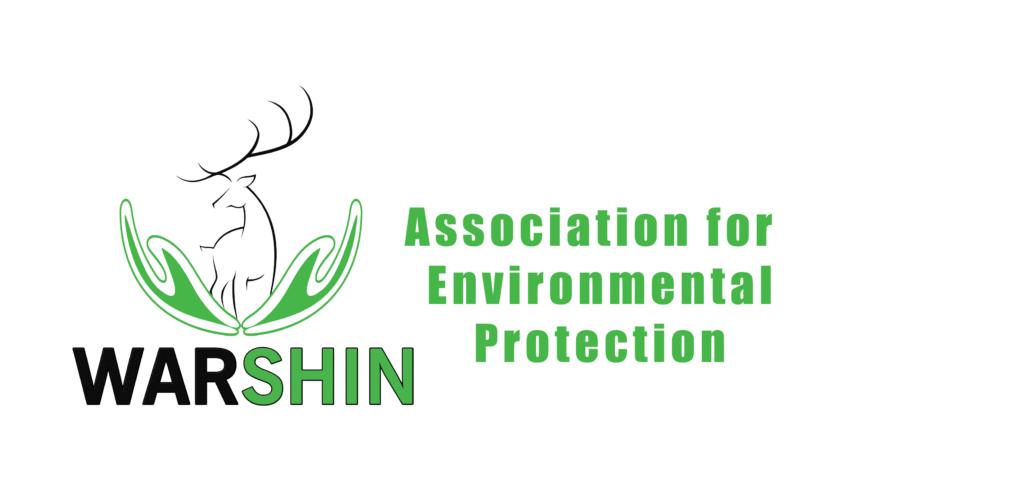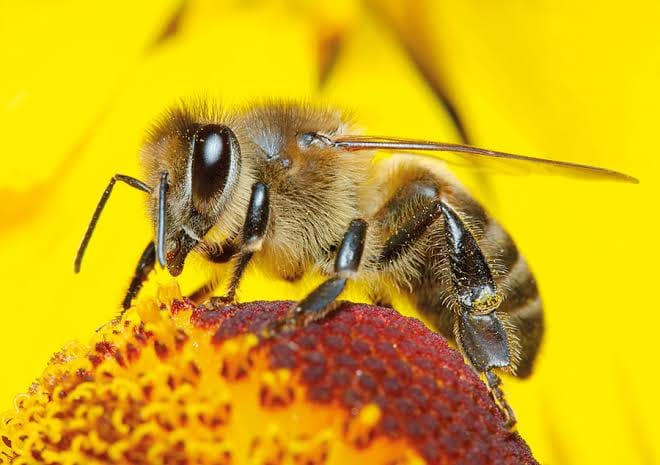There are approximately 25,000 species of bees worldwide. Distributed among 4,000 genera classified into 9 families, Some of them belong to the Apidae family, which includes: Carpenter bees, bumblebees, and honeybees.
Its mission is not limited to honey production as some of us believe. Rather, it goes beyond preserving the survival of the human race due to the many environmental benefits. Most notably:
1- Bees are responsible for pollinating 85% of all food crops consumed by humans, in addition to crops used to feed livestock. It helps while feeding on nectar. By transferring the pollen grains attached to its legs from one plant to another, Which contributes to the spread of plant species and the production of agricultural crops rich in nutrients such as vegetables, fruits, nuts and oils that will disappear in the absence of pollinators (bees and other insects). In addition, it improves their taste, numbers and regularity.
2- Seven species of bees produce honey out of nearly 20,000 species of bees. Western honey bees produce 1.6 million tons of honey annually (each bee needs 4 million flowers to produce one kilogram of honey). which has antiseptic and antibacterial properties, In addition to its nutritional benefits.
3- Contribute to increasing food production, which helps ensure food security for the world’s population.
4- Bees, along with other pollinators, contribute to preserving biodiversity by relying 90% of flowering plants on pollination to reproduce again, in addition to their role in regenerating forests and preserving their ecosystem, indirectly leading to the production of oxygen and the reduction of carbon dioxide.
Despite the importance of bees in the ecosystem, they face the danger of parasitism. Like the varroa mite that bites bees and infects them with deadly viruses, In addition to the possibility of poisoning due to the use of pesticides, Establishing single-species farms deprives bees of a varied diet.
The Food and Agriculture Organization (FAO) is working in collaboration with other international organizations and initiatives through the International Pollinators Initiative Action Plan to promote action to protect wildlife, and the sustainable management and use of the services of these pollinators to protect them and support our food production and farmers’ incomes.
Writing Bashayer Al-Khalidi – Date of Writing: October 23, 2020


